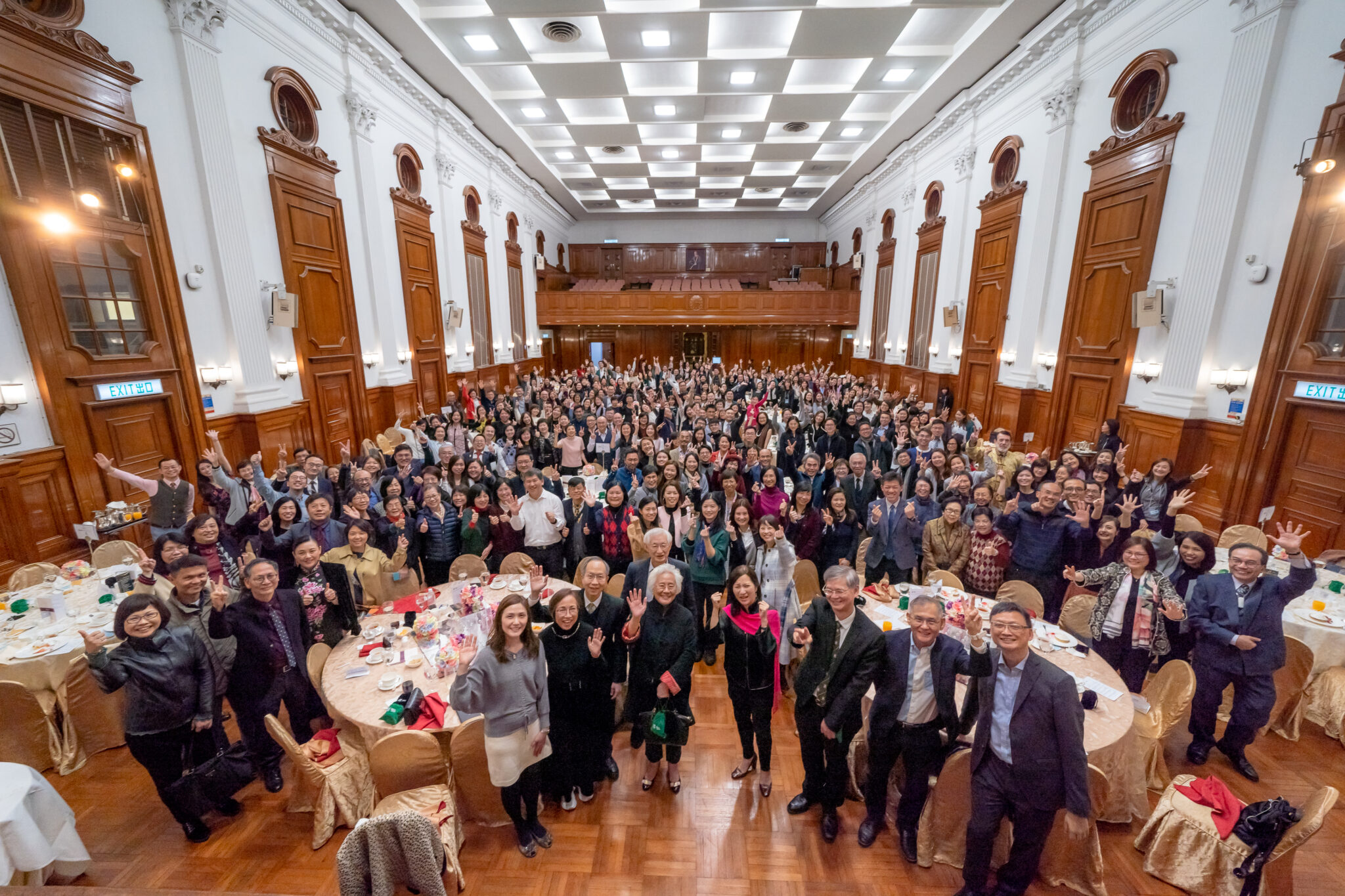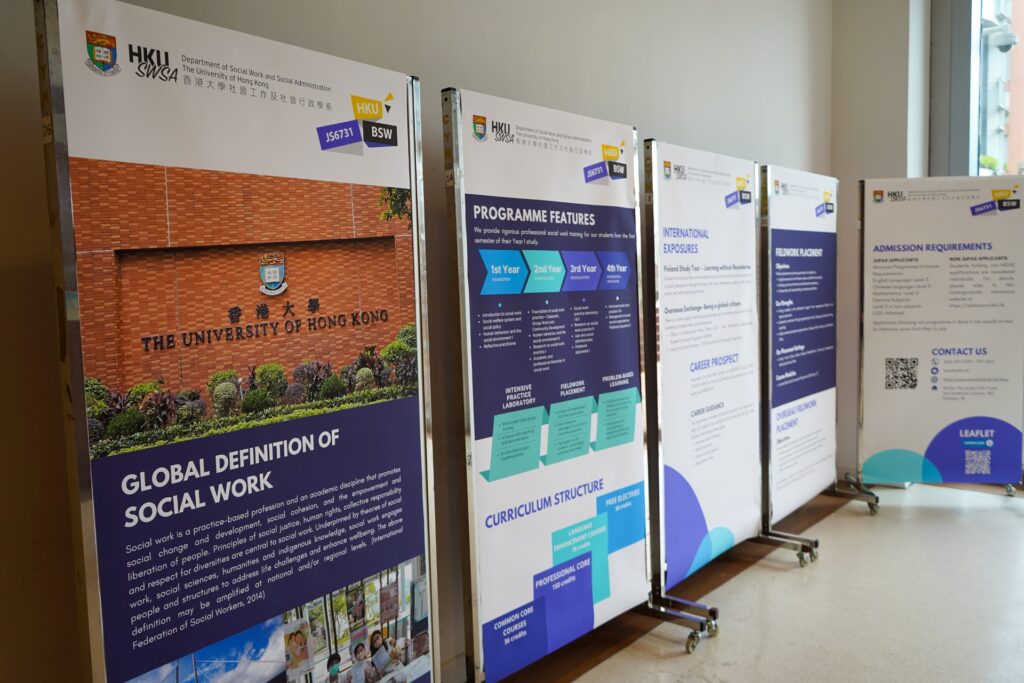Depressed people are prone to sleep disturbance, which may in return perpetuate the depression. Both depression and sleep disturbance influence proinflammatory cytokines interleukin (IL) 6 and 1?. Thus interventions for depression should consider the effect on sleep disturbance, and vice versa. Integrative Body-Mind-Spirit (IBMS) and Qigong interventions have been applied in a wide range of health and mental health conditions, including depression and sleep disturbance. This study aimed to evaluate the effect of these two mind?body therapies for persons with both depressive symptoms and sleep disturbance. A three-arm randomized controlled trial was conducted among 281 participants, who were randomly assigned to either IBMS, Qigong or wait list control group. Participants in IBMS and Qigong groups received eight weekly sessions of intervention. Outcome measures were plasma concentrations of IL-6 and IL-1?, and a questionnaire containing Pittsburgh Sleep Quality Index, Center for Epidemiologic Studies Depression Scale, Somatic Symptom Inventory, Perceived Stress Scale and Body-Mind-Spirit Holistic Well-being Scale. Outcomes were assessed at baseline (T0), immediate post-intervention (T1) and at three-months post-intervention (T2). Besides intervention efficacy analysis, path analysis was performed to explore the relations among perceived stress, depression, sleep disturbance, and IL-6 and IL-1? values. The study found both IBMS and Qigong reduced depression, sleep disturbance, painful and painless somatic symptoms, IL-6 and IL-1? levels, and increased holistic well-being. The effect sizes of IBMS and Qigong, mostly in the medium magnitude range, were approximatively equivalent. Path analysis models revealed a predictive role of perceived stress in depression and sleep disturbance, a bidirectional relationship between depression and sleep disturbance, and significant influence of depression and sleep disturbance on IL-6 and IL-1?. Compared with control, the findings support the efficacy of IBMS and Qigong interventions in relieving depression and sleep disturbance, and in reducing IL-6 and IL-1? levels.
Congratulations to Prof. LOU W.Q. Vivian on being recognized among the Healthy Ageing 50 Leaders by the UN Decade of Healthy Ageing (2021?2030). The Healthy Ageing 50 highlights people from every region and sector?government, civil society, academia, and business?whose work is measurably improving the lives, rights, and well-being of older people and advancing the Decade?s priorities: combating ageism, fostering age-friendly environments, and expanding access to integrated and long-term care. Honourees are profiled on the Decade platform to showcase approaches with proven impact and potential to scale, and to catalyse collaboration across countries and disciplines?reflecting Dr. LOU?s leadership in ageing and longevity.
Learn more: https://www.decadeofhealthyageing.org/topics-initiatives/other-initiatives/healthy-ageing-50#anchor_two
Prof. LAW Y.W. Frances was admitted as a Fellow of the Academy by the Hong Kong Academy of Social Work. The Fellowship is a senior professional honour that recognizes social work leaders with sustained, exemplary contributions to the profession and the community. Fellows are peer?acknowledged for their professional excellence and leadership, ethical standing, impact on practice and policy, scholarship and education, and dedicated service. As a Fellow, Prof. Law is part of a community expected to set standards for the field, champion continuing professional development, mentor the next generation, and help advance the Academy?s mission to strengthen social work quality and public trust in Hong Kong. This recognition affirms her leadership and broad impact across research, practice, and community engagement.
Learn more: https://academy.hkswa.org.hk/zh-HK/membership/information/fellow/





